What We’re Thinking About in Impact for 2026
January 21, 2026 BlogThe education sector is navigating a fundamental shift. Market forces are driving consolidation, capital is more selective, and…
At Tyton Partners, we occupy a unique vantage point within the education sector. We act as a strategic partner to leaders of companies, institutions, and nonprofit organizations while also offering context and insights into impact for investors and philanthropists. This vista allows us to observe emerging trends and connections before they fully take shape, providing a lens into the motivations, challenges, and opportunities that define the sector. Using this lens to look ahead, we asked our firm’s consulting practice leaders to reflect on the complex, interconnected education ecosystem and share their thoughts on the following: What do you most want to discuss in 2025, and why is it important?
Their perspectives highlight key themes shaping the future of education.
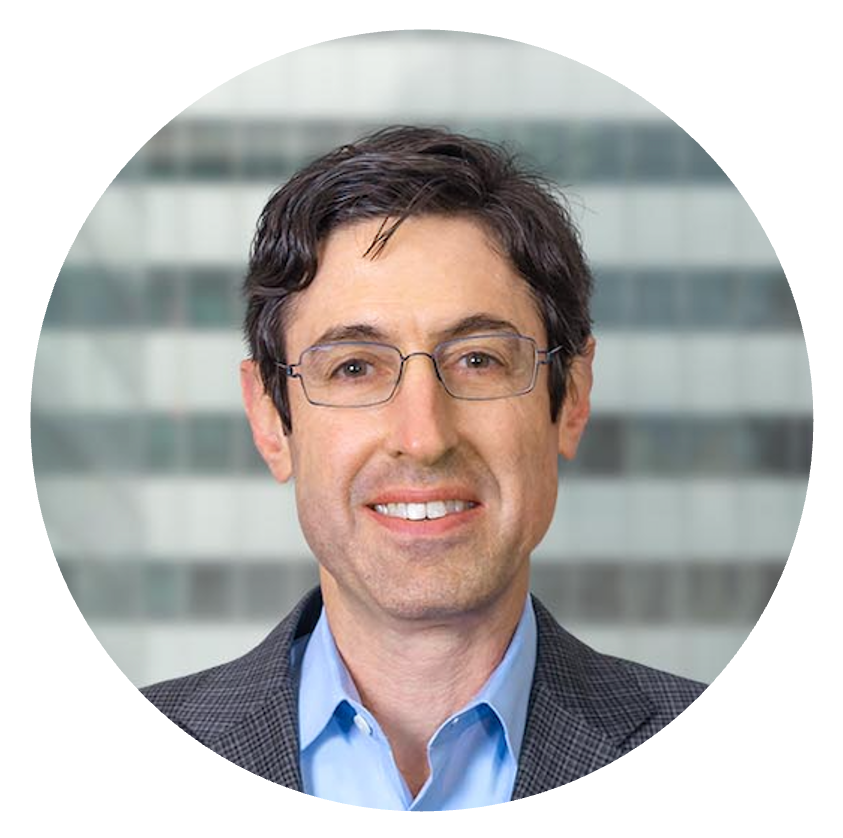 Adam Newman, Co-Founder and Managing Partner
Adam Newman, Co-Founder and Managing Partner “We need to have more urgent, authentic conversations regarding the systemic challenges facing our U.S. K-12 public education system. More than 45 million young people currently participate in our public schools today. This figure is down from more than 50 million before the pandemic; it will continue to trend down given districts’ well-documented shortcomings, the accelerating ecosystem of school alternatives available to parents and students, and significant momentum at the federal and state level around school choice initiatives. As an elected school board member in a conventionally “high-performing, well-funded” district, I see first-hand that no community is insulated. All children require our collective effort to reimagine K-12 public education; more broadly, our country’s long-term health and wellness depends on a vibrant, high-functioning, student-centric K-12 ecosystem.”
For more on K-12, explore the findings of our recent survey of K-12 education executives, which provides insights into how their companies performed during the 2024 sales cycle.
 Gates Bryant, Partner
Gates Bryant, Partner “Higher education will be under the spotlight, fighting battles on several fronts. The most productive conversation we can have about higher education relates to three connected issues: 1) transparency of outcomes, 2) improving the responsiveness of learning experiences to the rapidly changing world of work, and 3) extending the academic integrity of institutions’ research and teaching missions. A generation ago, higher education was framed by the fixed constraints of the so-called ‘Iron Triangle’ of access, cost, and quality. Today, higher education can free itself from the constraints of the Iron Triangle if it becomes more focused on these three issues – the value of higher education will be real for the current generation of learners through transparency, responsiveness, and academic integrity. The question is, will the system have enough resolve to coordinate its evolution across these critical issues?”
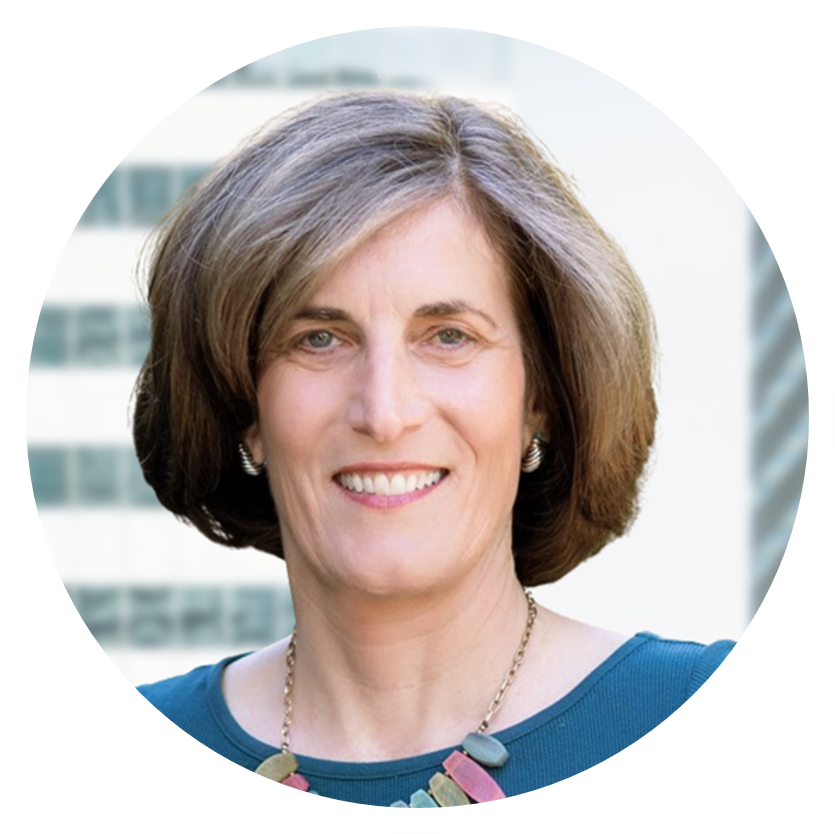 Andrea Mainelli, Senior Advisor
Andrea Mainelli, Senior Advisor “Our clients aspire to change systems – by innovating and scaling ‘what works’ to improve educational and career outcomes for all individuals, particularly those left behind. My focus has been on mobilizing impact-first capital to drive this change – much easier said than done. We are at the cusp of understanding ‘when’ and ‘how’ catalytic capital can be used to innovate and scale highly effective programs when markets have failed. Catalytic capital is not ‘bad investing’. It is using capital instruments to provide entrepreneurs and organizations the fuel to grow with the discipline of returning capital, but on terms that prioritize the positive impact they are driving. To me, it is clear we need this flavor of capital to move systems change in our education and workforce, where scaled solutions have been hard to come by. While progress has been made, 2025 has to be the year philanthropy and impact investors truly mobilize large sums to drive change. If not now, when?”
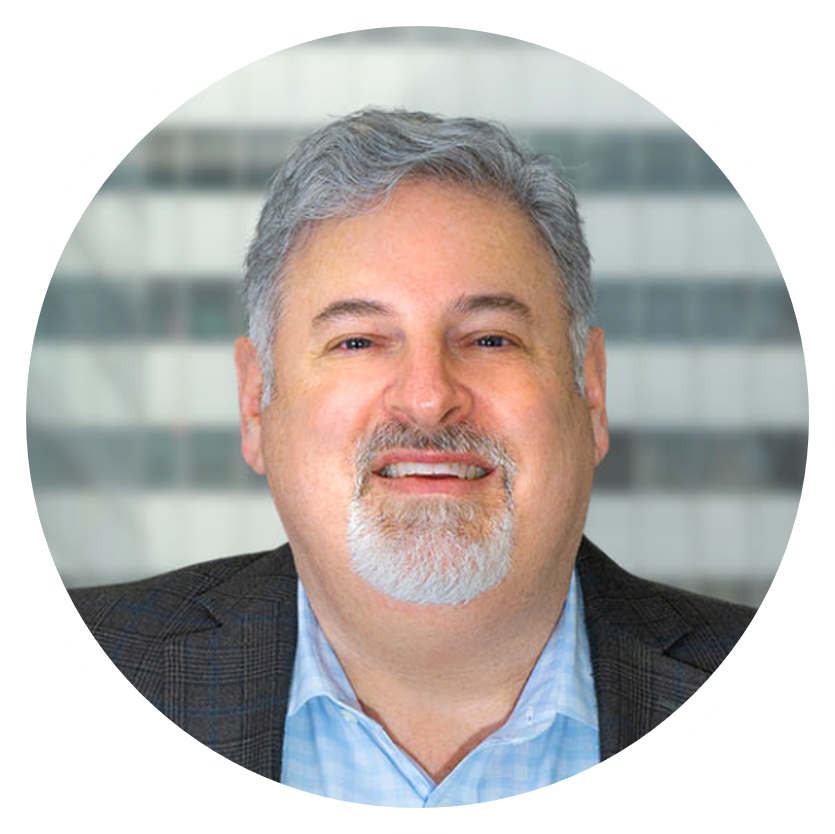 Gregory Finkelstein, Managing Director
Gregory Finkelstein, Managing Director “Starting in Fall 2024, the capital markets began to loosen up with interest from many directions – venture and private equity, strategics, and founder-led organizations alike – indicating the likelihood of increased activity entering 2025. In parallel, several of the sub-sectors within the institutional support markets – both K-12 and higher education – have expanded meaningfully with newer and more technology-enabled capabilities. This accordion expansion of providers over the last few years feels ripe for compression. In that, I anticipate roll-up efforts gaining momentum in 2025 across the student, instructional and institutional journey maps resulting in expanded market opportunities, economies of scale, and improved competitive rights to win by many newly aligned organizations.”
 Nick Kind, Managing Director
Nick Kind, Managing Director “I most want to talk about the power of community in education. The last year has seen further polarization, fear and division in the USA and beyond; here in Europe, we continue to be close to multiple distressing wars. Yet my work on the THRIVE grant program, with a group of impact investors, with Ufi and with Big Change, has shown the positive power of parents, educators, students and funders coming together to build human connections, often using technology as a catalyst. I’d love to work on more initiatives which help to build nourishing communities – of support, of learning, of practice, and more – and which help to bring diverse people together, rather than apart.”
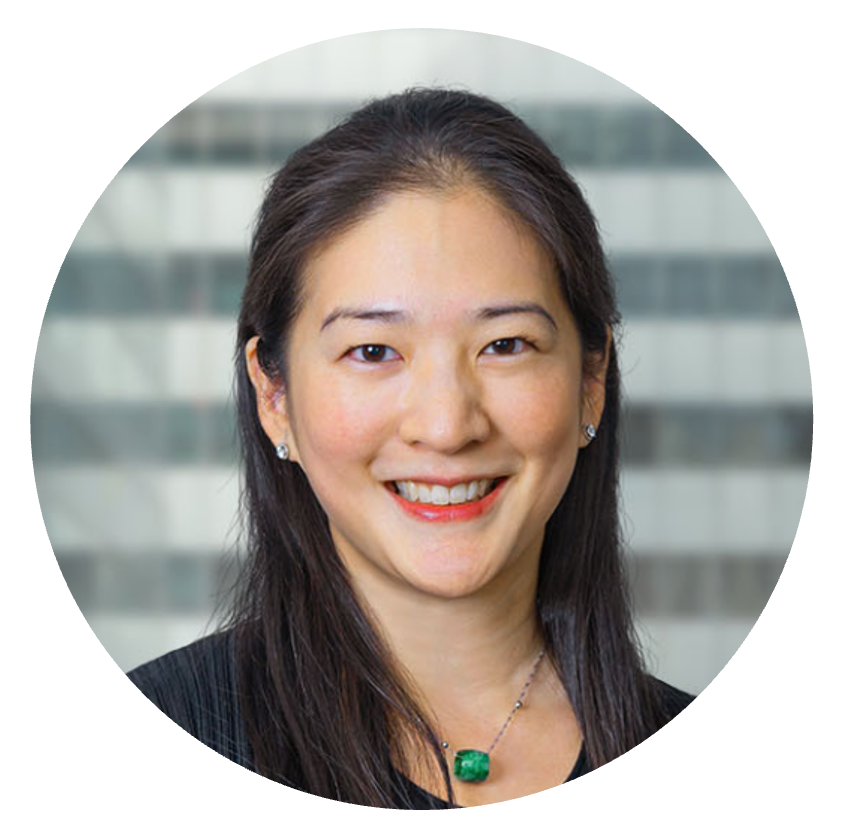 Catherine Shaw, Managing Director
Catherine Shaw, Managing Director “At Tyton, we study the health of the student success ecosystem in higher education through several research initiatives including Time for Class, Driving Toward a Degree, and Listening to Learners. Over the past two years, generative AI has significantly influenced teaching, learning, and student support. With the initial hype around AI behind us, I’m eager to discuss how it is reshaping help-seeking behavior among faculty, administrators, advisors, and students. Benefits include instant, judgment-free support that encourages help-seeking, quick feedback to aid learning, reduced stigma through private interactions, and enhanced capacity for faculty and advisors. However, challenges like over-reliance on AI, misinformation, and privacy concerns require attention. Generative AI holds great promise for improving help-seeking but needs thoughtful integration. I’d love to connect with those who have explored its use in advancing student success and hear your experiences.”
 Kate Sutherland, Managing Director
Kate Sutherland, Managing Director “I spent time this year assessing the latest thinking regarding how soft skills – aka ‘durable’ and ‘power’ skills – can be taught, including how to integrate them into an entry-level work experience. Learning and practicing on-the-job contextualizes and enables a deeper appreciation of skills such as problem solving, adaptability, and collaboration. Up until now, most of the job-based upskilling has been focused on the ‘hard’ technical and business skills rather than these soft skills. As we come to understand more about how AI will change the nature of work, I’ll look forward to conversations about how upskilling will evolve to fill in the gaps AI creates. Wouldn’t it be ironic if this major technological advancement resulted in a doubling down on the most human of skills?”
Read more of our higher education predictions for the year ahead in our recent article, “11 Higher Ed Hot Takes for 2025”.
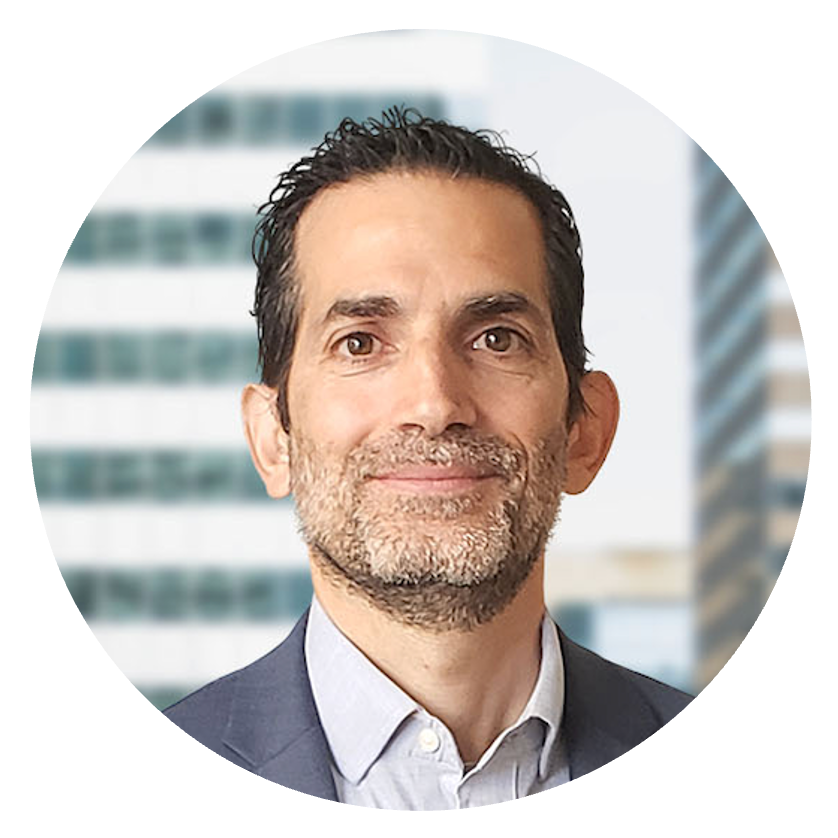 Shlomy Kattan, Managing Director
Shlomy Kattan, Managing Director “Across the first six months of 2025, I will be looking for signals of legislative priorities, Department of Education rule-setting, and their impacts on institutions, nonprofits, investors, funders, and vendors. While uncertainty remains about which education policies the incoming administration will prioritize and implement, it’s clear that change is coming. Some segments, like school choice advocates and alternative career training providers, may benefit, especially if, as rumored, a federal tax credit scholarship bill passes early in the year and Pell expansion is pushed through in the next appropriations bill. Other areas, such as immigrants pursuing ESL and technical education opportunities, will likely face a profoundly negative impact due to policies like tightened immigration measures. I also want to explore the longer-term effects of converting Federal K-12 funding to block grants and eliminating the Department of Education; despite their low likelihood of passage, these policy initiatives could both expand opportunities (e.g., Education Savings Accounts) and curtail protections (e.g., student consumer rights).”
For more on the rapidly evolving landscape of education philanthropy, read our recent article, Education Philanthropy: Navigating the 2025 Transition and Beyond.
The perspectives shared here underscore the critical need for a collective effort to address the opportunities and challenges ahead. From reimagining public education and advancing equity to harnessing technology and building stronger communities, the future of education depends on thoughtful collaboration and a shared commitment to progress. As we transition to 2025, we at Tyton Partners encourage you to connect with our team to engage in these vital conversations and explore opportunities for meaningful partnership. Together, we can navigate the complexities of the education landscape and create lasting impact.